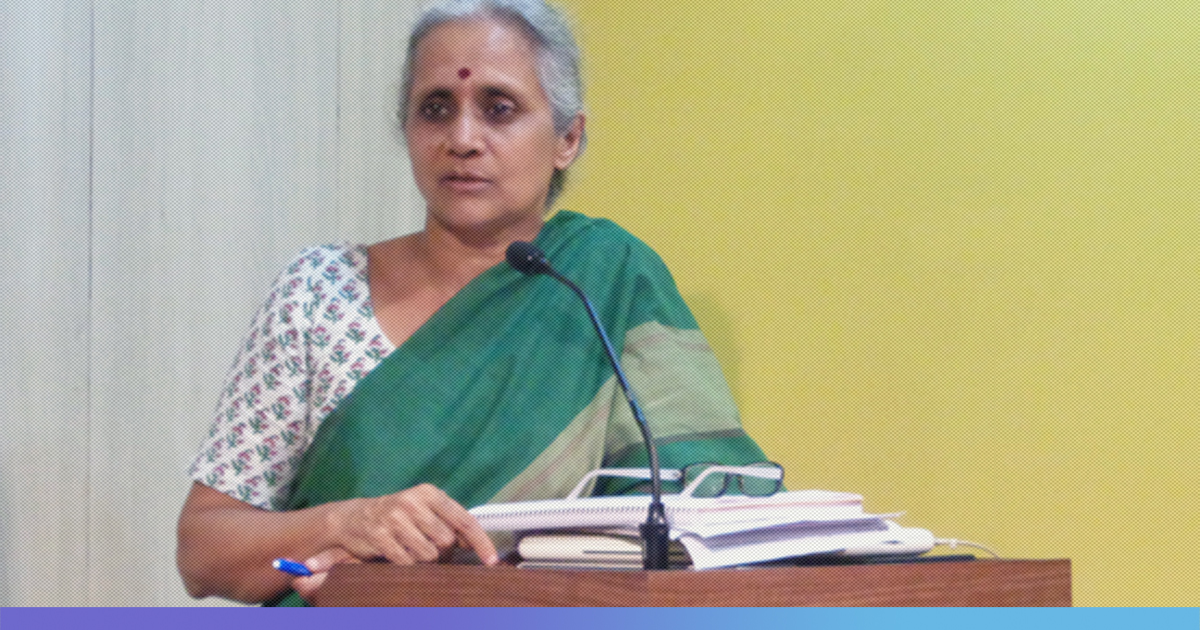International rights group Access Now has declared Usha Ramanathan, a legal researcher and activist based out of Delhi, a ‘human rights hero’. Since 2009, the time when the Aadhaar program was launched, Ramanathan has been staunchly raising the security and privacy risks associated with it.
She will be awarded at a function to be held at Tunis, capital of Tunisia between June 11 and 14. The award will be given out by Michelle Bachelet, the United Nations high commissioner for human rights.
Usha Ramanathan: Human Rights Hero
Access Now, speaking about the award, said, “In celebration of…the work of people around the globe to protect human rights in the digital age, every year Access Now names ‘heroes’ and ‘villains’ who have either protected the principles of freedom online or worked to undermine them.”
Appreciating Ramanathan’s work, Access Now said that since 2009, she has been tirelessly challenging the ‘controversial Aadhaar digital identity program in India’, speaking of its privacy and security risks. “Dr Ramanathan worked to explain the ramifications of the judgement (where SC ruled that Aadhaar could not be made mandatory for several purposes) and its disappointing limitations, She continues to speak against the Aadhaar program.”
The statement from Access Now further said that this award also recognises the entire community that had protested the risks associated with Aadhaar.
Apart from Ramanathan, there are other four winners, which includes Bahraini activist and digital security consultant Mohammed Al-Maskati; Australian human rights lawyer and writer Lizzie O’Shea; Tanzanian digital security trainer Zaituni Njovu; and Venezuelan lawyer, writer and human rights activist Marianne Diaz Hernandez.
Validity of Aadhaar
A five-judge Supreme Court bench on September 26, 2018, upheld the constitutional validity of Aadhaar, however, it struck down multiple sections of the Aadhaar Act as unconstitutional. Justice AK Sikri while reading the judgement said, “Aadhaar gives dignity to the marginalised. Dignity to the marginalised outweighs privacy.” He also observed that Aadhaar fails only 0.232% and dismantling it now would mean disturbing 99% of the population who have already been enrolled.
A bill was introduced in the Lok Sabha on January 2, 2019, by the Narendra Modi government to amend various laws in the Aadhaar bill in a move to curtail the biometric authentication programme of the country. The bill seeks to allow people to offer voluntarily biometric ID, Aadhaar as a means of availing certain services like opening a bank account or getting a new phone connection. It also gives a child an option to opt out of the scheme upon attaining the age of 18 years, reported The Economic Times.
The Aadhaar And Other Laws (Amendment) Bill 2018 has amendments that have to be passed in order to comply with the aspects of the judgements of the Supreme Court. The bill was passed two weeks ago by the cabinet, and information technology minister Ravi Shankar Prasad introduced it in the Lok Sabha.
Also Read: Cabinet Approves Amendment To Make Aadhaar Optional For Banking, Phone Connections












